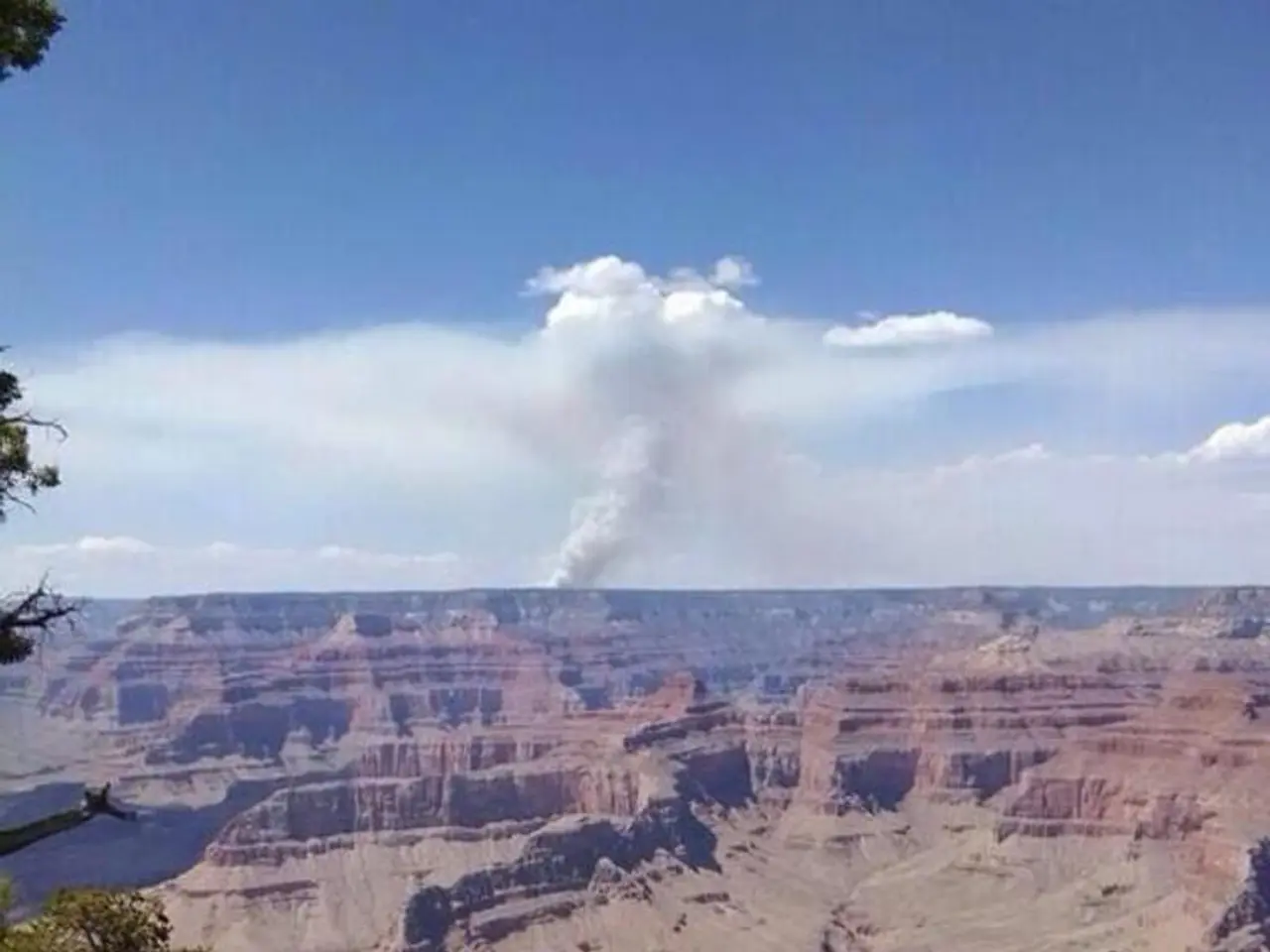Insurers' Inaction on Climate Change: Are They Creating an Uninsurable Tomorrow?
=====================================================================================================
The insurance sector is grappling with the escalating threats of climate change, adopting a variety of strategies to manage mounting risks. However, they are also confronted with significant challenges in managing their exposure to fossil fuel expansion while withdrawing coverage in high-risk areas, including communities in France and Europe.
Withdrawing from High-Risk Areas and Increasing Premiums
Insurance companies are pulling back from regions increasingly vulnerable to climate disasters, such as wildfire-prone areas in the United States, to limit losses. This retreat leads to reduced insurance availability and rising costs for homeowners and businesses in these zones.
Transitioning from Risk Transfer to Risk Reduction
Beyond indemnifying losses, insurers are evolving to play a proactive role in climate resilience by partnering with governments and private sectors. This partnership involves promoting climate-resilient infrastructure, zoning, and financial regulations that mitigate risk upstream.
Innovative Underwriting Approaches Incorporating Nature-Based Risk Mitigation
Insurers are innovating through resilience-based products and partnerships to reduce both physical climate risk and transition risk inherent to fossil fuel-dependent assets. An example is the wildfire resilience insurance policy underwritten in California, which incentivizes forest management to reduce fire risk.
Addressing the Underwriting of Fossil Fuel Expansion
Regulatory bodies like the Prudential Regulation Authority (PRA) in the UK are tightening guidance on how insurers manage risks related to carbon-intensive assets, including oil and gas. There is a growing emphasis on scenario analysis of climate tipping points and ecosystem collapse to ensure that climate risks associated with fossil fuel underwriting are properly priced and managed.
Withdrawing from High-Risk Communities in Europe and France
While explicit examples on France are less detailed, the trend in the United States—with insurers refusing renewals or cancelling policies in wildfire zones—is indicative of a broader pattern. Given similar climate-related stressors in parts of Europe, insurance companies are increasingly cautious about coverage in high-risk communities, potentially leading to coverage withdrawal or unaffordable premiums.
The Need for Change in Industry Practices
The case will be made for insurers' responsibility to act by phasing out fossil fuel underwriting, adopting binding emissions targets, and aligning their strategies with climate science. The discussion will focus on how insurance practices contribute to the exacerbation of climate disasters and the need for change in industry practices.
The masterclass, hosted by the students of the Environment, Energy, and Sustainability policy stream of the School of Public Affairs, will delve into specific climate policies of major European and American insurers. The event, led by Ariel Le Bourdonnec, Insurance and Reinsurance Campaigner at Reclaim Finance, will provide insights into the vicious cycle created by insurance practices and their impact on climate disasters.
In conclusion, the insurance sector is balancing the need to remain financially viable by withdrawing or repricing in vulnerable areas while increasingly pushing towards playing a role in climate risk mitigation. They face complex trade-offs in managing exposure to fossil fuel expansion, with growing regulatory pressure demanding more robust risk management frameworks in Europe and France.
- The insurance industry in Europe and France is following a trend similar to that in the United States, where insurance companies are becoming more cautious about providing coverage in high-risk communities due to escalating threats of climate change, potentially leading to coverage withdrawal or unaffordable premiums.
- Regulatory bodies, such as the Prudential Regulation Authority (PRA) in the UK, are putting more pressure on insurers to properly price and manage risks related to carbon-intensive assets, including oil and gas, by tightening guidance and emphasizing scenario analysis of climate tipping points and ecosystem collapse.
- As the insurance sector strives to remain financially viable, insurers are also shifting more towards proactively addressing climate risks by partnering with governments and private sectors to promote climate-resilient infrastructure, zoning, and financial regulations, as well as formulating innovative underwriting approaches that incorporate nature-based risk mitigation strategies.




